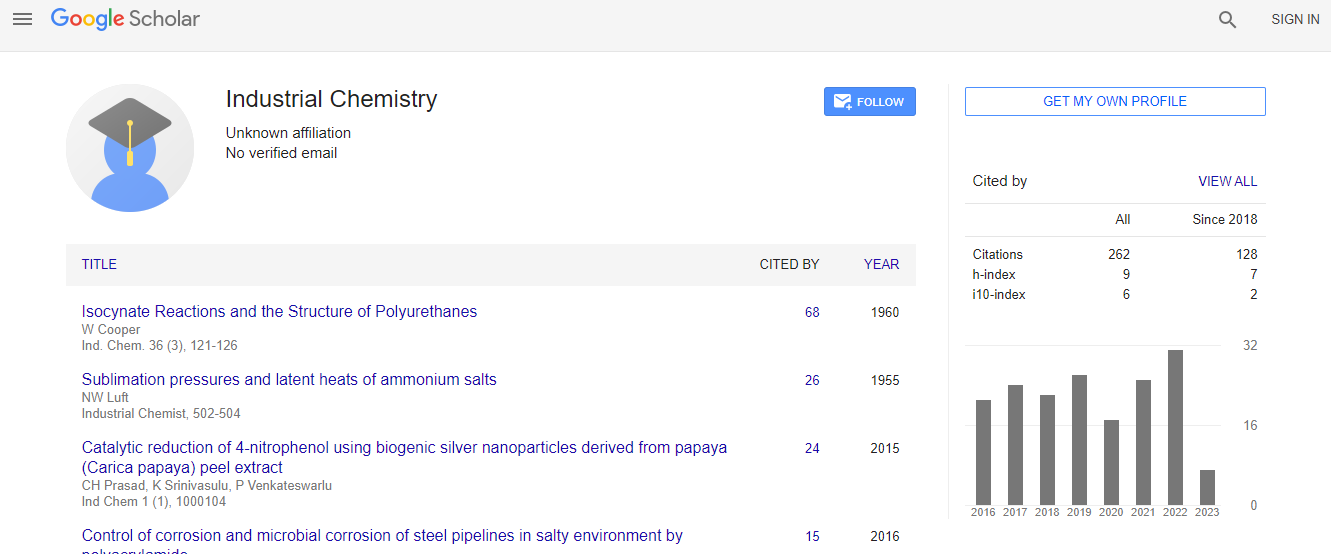Our Group organises 3000+ Global Events every year across USA, Europe & Asia with support from 1000 more scientific Societies and Publishes 700+ Open 91��ɫ Journals which contains over 50000 eminent personalities, reputed scientists as editorial board members.
Open 91��ɫ Journals gaining more Readers and Citations
700 Journals and 15,000,000 Readers Each Journal is getting 25,000+ Readers
Citations : 262
Indexed In
- Index Copernicus
- Google Scholar
- RefSeek
- Directory of Research Journal Indexing (DRJI)
- Hamdard University
- EBSCO A-Z
- OCLC- WorldCat
- Scholarsteer
- Geneva Foundation for Medical Education and Research
- Euro Pub
Useful Links
Recommended Journals
Related Subjects
Share This Page
Statistical approach to the optimization of biodiesel production from Jatropha curcas oil
17th International Conference on Industrial Chemistry and Water Treatment
Chihurumnanya Ola Oji
Akanu Ibiam Federal Polytechnic, Nigeria
Posters & Accepted Abstracts: Ind Chem
DOI:

